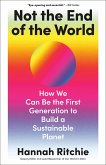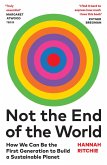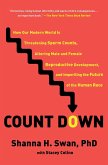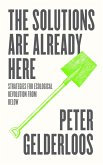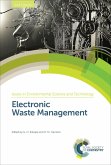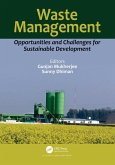NAMED A BEST BOOK OF THE YEAR 2023 BY THE NEW YORKER, THE GUARDIAN, and KIRKUS REVIEWS An award-winning investigative journalist takes a deep dive into the global waste crisis, exposing the hidden world that enables our modern economy-and finds out the dirty truth behind a simple question: what really happens to what we throw away? In Wasteland, journalist Oliver Franklin-Wallis takes us on a shocking journey inside the waste industry-the secretive multi-billion dollar world that underpins the modern economy, quietly profiting from what we leave behind. In India, he meets the waste-pickers on the front line of the plastic crisis. In the UK, he journeys down sewers to confront our oldest-and newest-waste crisis, and comes face-to-face with nuclear waste. In Ghana, he follows the after-life of our technology and explores the global export network that results in goodwill donations clogging African landfills. From an incinerator to an Oklahoma ghost-town, Franklin-Wallis travels in search of the people and companies that really handle waste-and on the way, meets the innovators and campaigners pushing for a cleaner and less wasteful future. With this mesmerizing, thought-provoking, and occasionally terrifying investigation, Oliver Franklin-Wallis tells a new story of humanity based on what we leave behind, and along the way, he shares a blueprint for building a healthier, more sustainable world-before we're all buried in trash.
Dieser Download kann aus rechtlichen Gründen nur mit Rechnungsadresse in A, B, BG, CZ, D, DK, EW, E, FIN, F, GR, HR, H, I, LT, L, LR, NL, PL, P, R, S, SLO, SK ausgeliefert werden.



